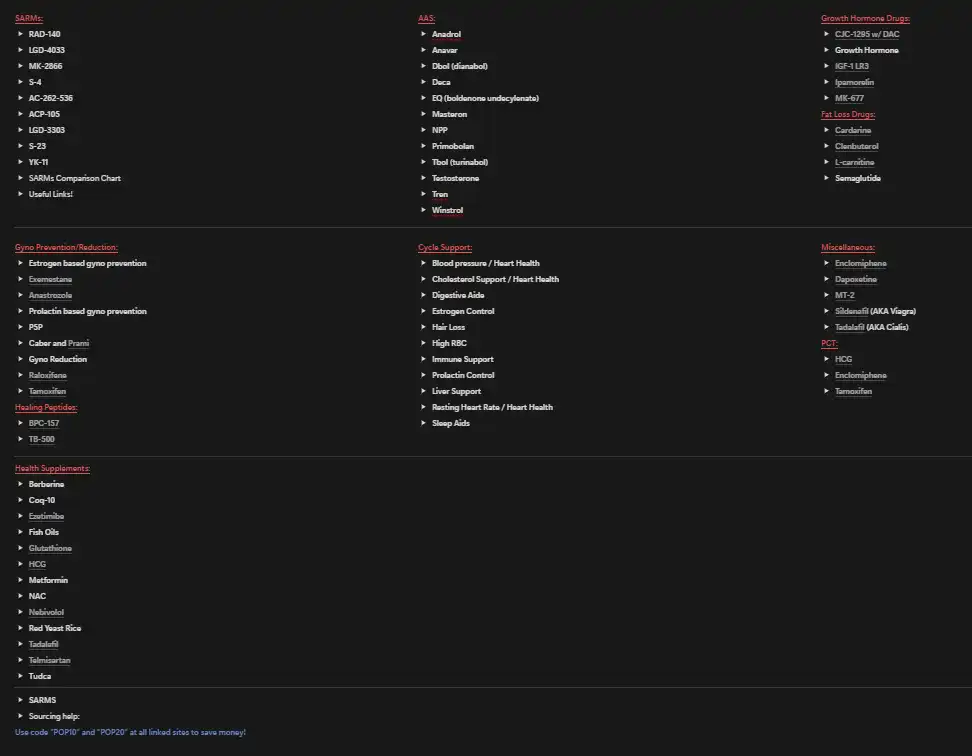Führt Masturbation dazu, dass man seine Gewinne wieder verliert?
Eine der häufigsten Fragen, die mir Menschen (Männer) stellen, ist, ob Masturbation einen direkten Einfluss auf den Muskel- und Kraftzuwachs im Fitnessstudio hat oder nicht. Obwohl die Mainstream-Wissenschaft den Zusammenhang zwischen Masturbation und Fitnessgewinnen nicht wirklich untersucht hat, gibt es ein paar Dinge zu beachten.
Zunächst einmal ist es ein weit verbreiteter Irrglaube, dass Masturbation den Testosteronspiegel senken kann, aber es gibt keine wissenschaftlichen Belege dafür. Tatsächlich haben mehrere Studien ergeben, dass es keinen signifikanten Unterschied im Testosteronspiegel vor und nach (gesunden Mengen an) Masturbation über längere Zeiträume gibt.
Was passiert beim Samenerguss?
Beim Samenerguss wird der Samen ausgestoßen und muss später wieder aufgefüllt werden. Der Samen enthält eine Mischung aus verschiedenen Flüssigkeiten aus verschiedenen Drüsen und Organen des männlichen Fortpflanzungssystems. Der spezifische Inhalt des Samens umfasst in der Regel:
Da die Wiederherstellung des Samens eine Menge Energie und Nährstoffe erfordert, die man sonst für seine Fitnessziele verwenden könnte, könnte man meinen, dass dies negative Auswirkungen auf die Muskelentwicklung und -leistung haben könnte. In Wirklichkeit sind die direkten Auswirkungen jedoch vernachlässigbar.
Wenn Sie nur ein paar Mal pro Woche (oder sogar einmal am Tag) masturbieren und dies Sie davon abhält, ernsthafte Fortschritte zu erzielen, stimmt etwas mit Ihrem Training und Ihrer Ernährung nicht.
Ich denke, dass Masturbation nur dann Auswirkungen auf den Körperbau haben kann, wenn sie mehrmals täglich durchgeführt wird, da jede Ejakulation zu einem vorübergehenden Anstieg des Prolaktinspiegels führt. Wie Sie wahrscheinlich wissen, kann ein hoher Prolaktinspiegel zu Lethargie, Energiemangel, Gynäkomastie, Laktation und sogar zu einem niedrigeren Testosteronspiegel führen. Wenn Sie also mehrmals am Tag masturbieren, kann dies zu einem chronisch erhöhten Prolaktinspiegel führen, was wiederum zu den oben genannten Folgen führt.
Davon abgesehen denke ich immer noch, dass häufiges Masturbieren eine negative Sache ist, die sich indirekt auf die Gewinne und die Leistung auswirken kann. Wir sind hier alle (zu 99 %) Männer, und wir alle wissen, wie wir uns nach dem Masturbieren fühlen: faul, unmotiviert, lethargisch, schläfrig.
Wie soll man da in die Welt hinausgehen und etwas bewirken, wenn wir uns jeden Tag in diesem Zustand befinden? Wie soll man die Motivation aufbringen, seine Ziele innerhalb und außerhalb des Fitnessstudios zu erreichen?
Wenn man nicht gerade aufgrund eines Getriebelaufs eine extrem hohe Libido verspürt und täglich masturbieren muss, um sich auf wichtige Aufgaben konzentrieren zu können, kann tägliche Masturbation meiner Meinung nach langfristig negative Auswirkungen auf den Fortschritt haben.
Außerdem haben Studien gezeigt, dass einmal wöchentliches Masturbieren tatsächlich zu einem vorübergehenden Anstieg des Testosteronspiegels führen kann. Es ist nicht weit hergeholt, daraus zu schließen, dass einmal wöchentliches Masturbieren in diesem Sinne vorteilhaft sein kann.
Zusammenfassend lässt sich also sagen, dass Masturbation/Ejakulation zwar keine direkten negativen Auswirkungen auf Ihre körperliche Entwicklung und Leistungsfähigkeit hat (es sei denn, Sie tun dies mehrmals täglich), aber langfristig dennoch schädlich sein kann, wenn sie regelmäßig praktiziert wird.
erstklassige Ressourcen

Alles, was Sie jemals über SARMs wissen wollen oder müssen, um sie zu verwenden und sich von ihnen zu erholen. Enthält auch andere Forschungschemikalien.

Erfahren Sie, wie jedes der Peptide wirkt, wie Sie sie verwenden können und wie Sie das perfekte Peptid (oder Stack) finden, um Ihre Ziele zu erreichen. Enthält über 16 Peptide.

Wünschen Sie sich einen EINZIGEN umfassenden, leicht verständlichen Leitfaden, der Sie umfassend über die sichere und wirksame Anwendung von Anabolika informiert?

Verbessern Sie die Funktion des Penis, erhalten Sie härtere, vollere und länger anhaltende Erektionen, steigern Sie Ihre Ausdauer im Bett und halten Sie länger durch, schaffen Sie mehr Runden.

Eine Zusammenfassung von allem, was Sie über die möglichst sichere Anwendung von PROHORMONES wissen müssen.

A document I originally made for my clients. A neat map to the sphere of PEDs and supplements.
You'll receive the link and a once-a-week PED-related article in your inbox upon subscribing.
A special gift to all my email subscribers. The PED Dictionary is a DOC designed to help you navigate the world of enhanced bodybuilding. A game changer for beginners that want to learn more but don't know where to start, and a must-have handbook for even the most advanced enhanced researchers.